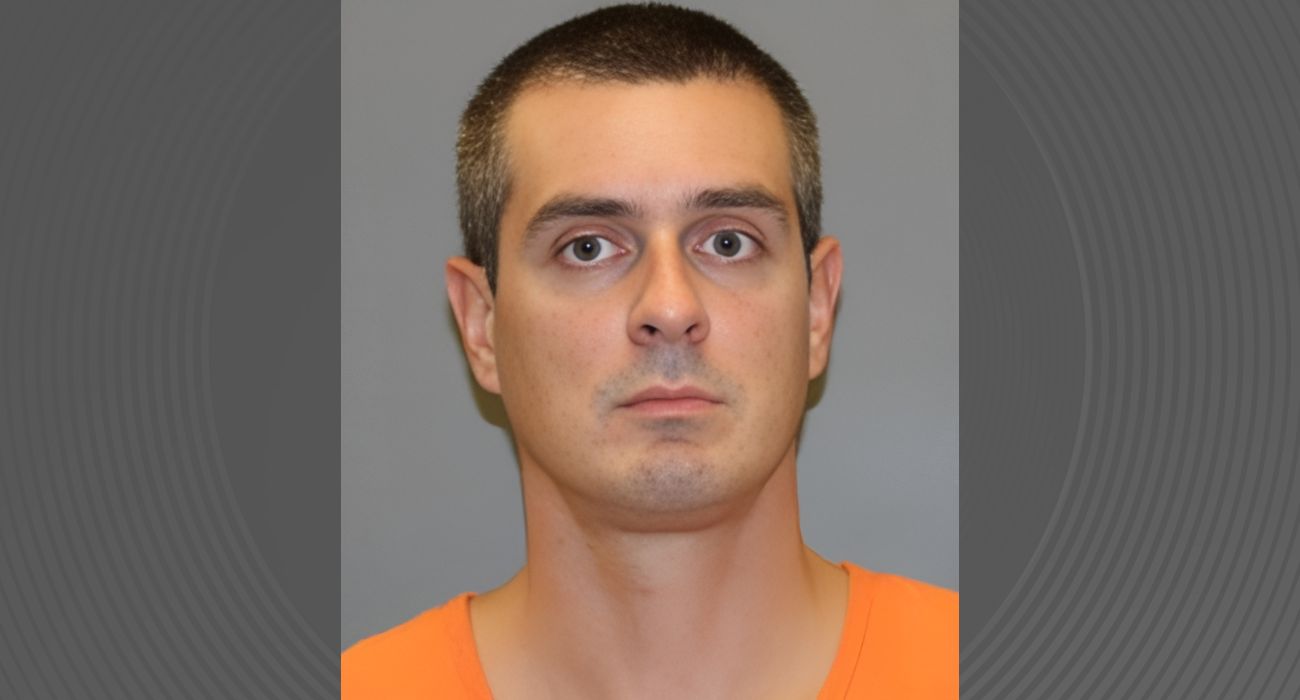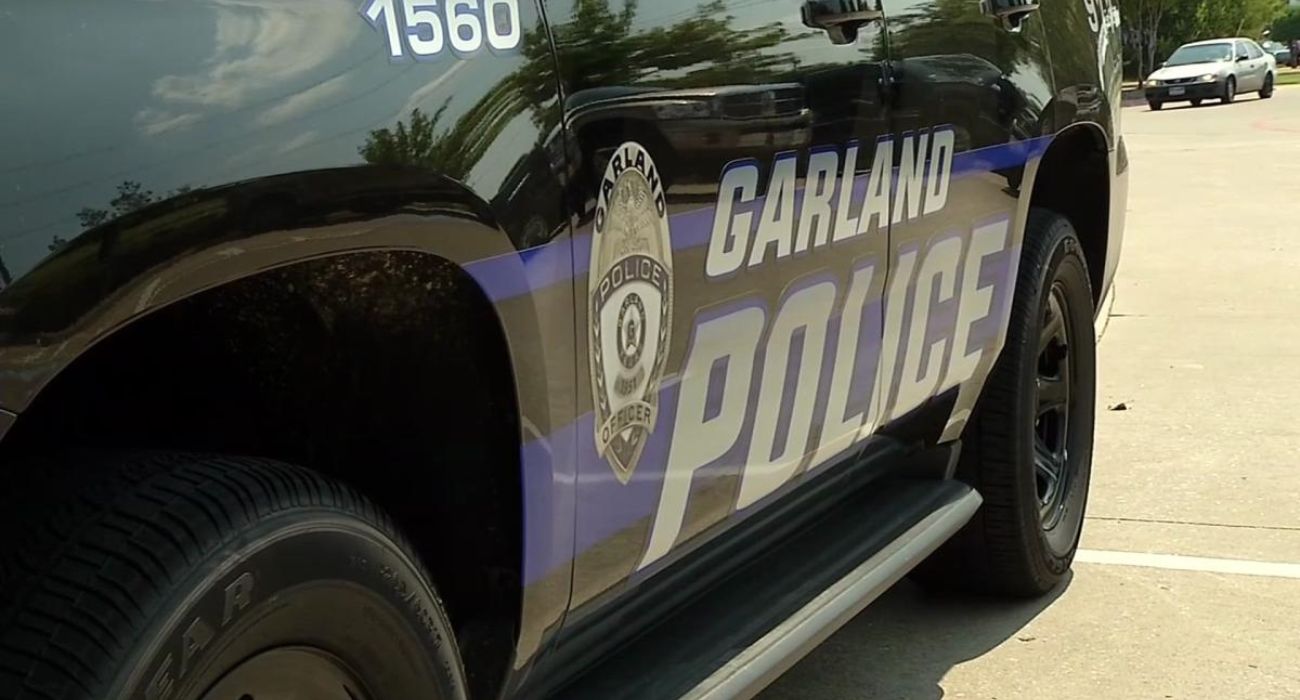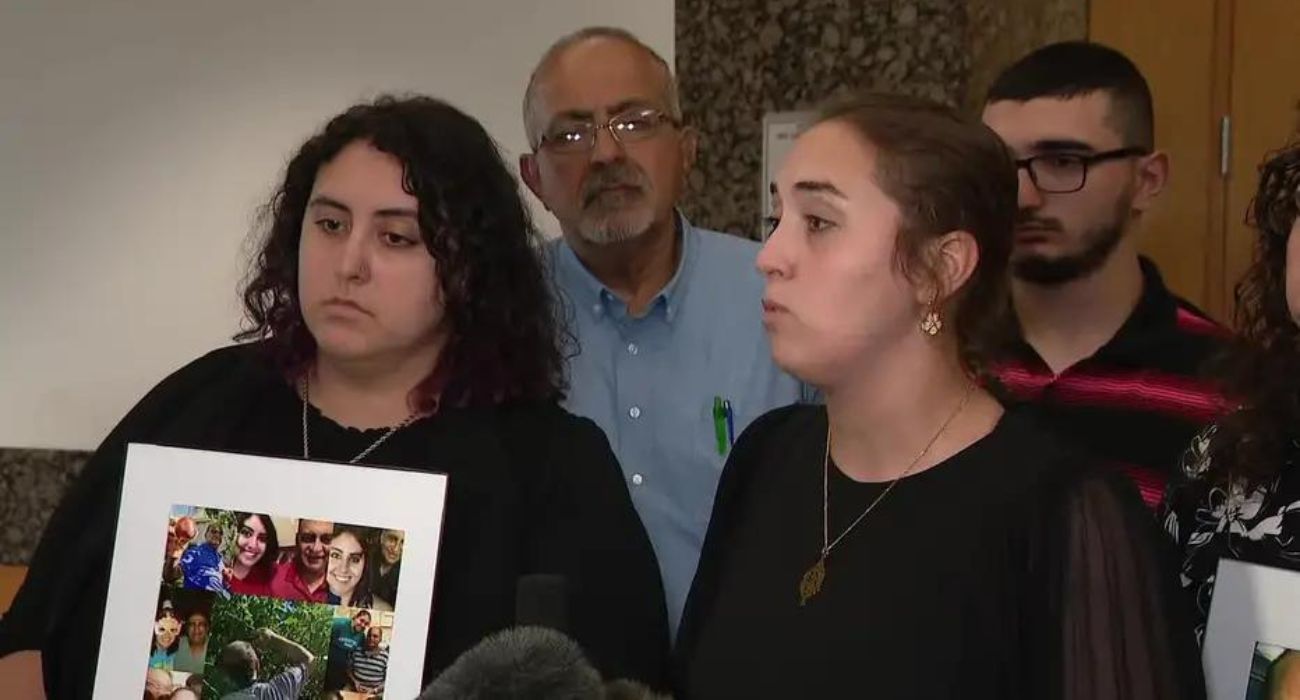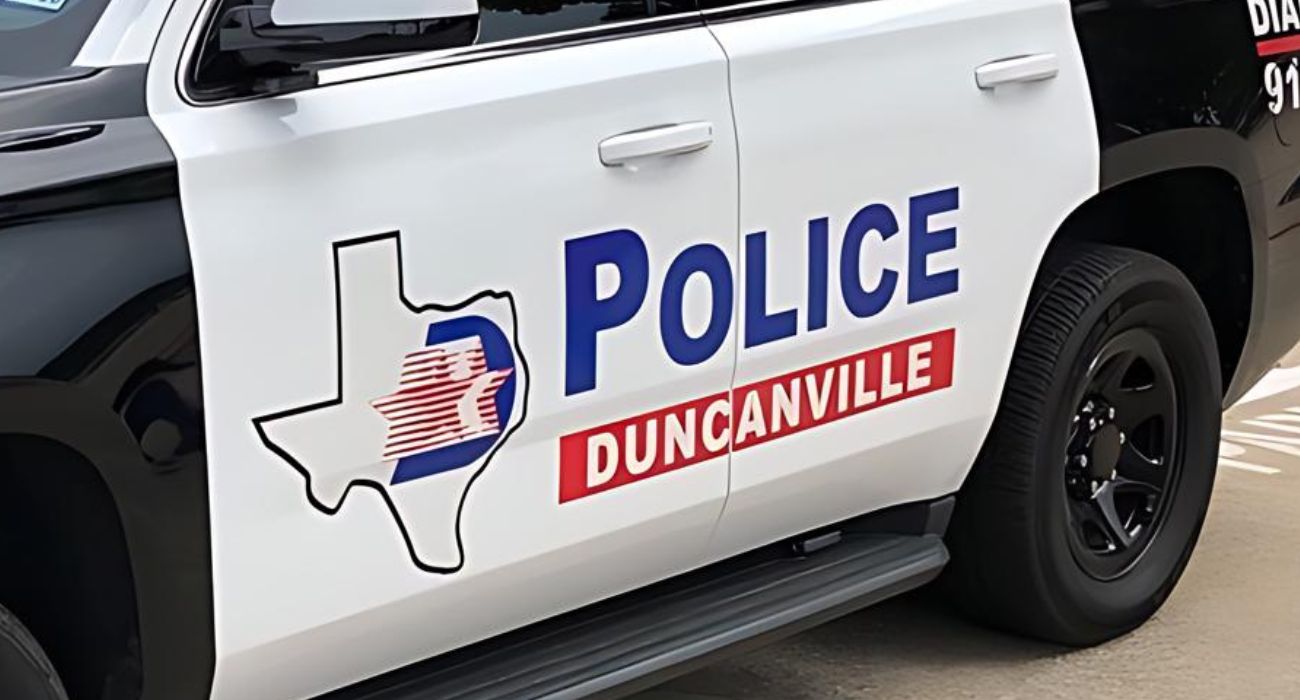Police response times in Dallas have increased significantly over the last few months as the ongoing staffing shortage at the Dallas Police Department continues to strain public safety resources.
Service calls to the police are given a priority designation (1-4) based on the seriousness of a call, with P1 calls signifying the most extreme emergencies, like an active shooter or a major freeway accident with injuries. P4 calls occupy the lower end of the spectrum, representing “non-critical” incidents.
As of August 18, when the City of Dallas Open Data police response time dashboard was last updated, the running average response times for all four categories jumped.
P1 calls currently take about 11.2 minutes for officers to respond, P2 calls take 108 minutes, P3 calls take 650, and P4 calls take 685.8 minutes, according to City data from the dashboard.
For comparison, the City logged the following response time averages on April 11, as previously reported by The Dallas Express:
- P1 – 9.9 minutes
- P2 – 86.9 minutes
- P3 – 512.9 minutes
- P4 – 524.5 minutes
The rise in police response times comes as DPD remains seriously understaffed, with only a force of roughly 3,100 sworn personnel. According to a City report, Dallas needs about three officers for every 1,000 residents, putting an effective staffing level at around 4,000 officers.
“Effective sworn staffing levels means having enough officers to respond to [P1] calls within the goal of 8 minutes,” reads the report.
Response times have only gotten worse in recent months, prompting DPD to institute a mandatory online reporting system for certain “non-emergency” criminal offenses, like shoplifting, car burglaries, and interference with child custody. The new protocol went into effect on July 3.
As previously reported by The Dallas Express, Police Chief Eddie Garcia addressed the public ahead of the new reporting requirement, touting the possible benefits of such a system.
“Our goal with this mandatory reporting is to cut down our response times, free up more officers, and respond quicker to those who need our help in an emergency. We know it will help,” Garcia said.
However, the effort appears to have been undermined by an increase in high-priority service calls, with the dashboard indicating a 5.8% year-over-year increase in P1 calls.
The police shortage has been especially felt in Downtown Dallas, which regularly logs a great deal more crime than Fort Worth’s downtown area. The latter is reportedly patrolled by a dedicated police unit that works alongside private security guards.
In a previous interview with The Dallas Express, Chief Garcia said the department hired 200 officers last year but lost almost 240 to resignations, retirements, and dismissals.
“We have to make sure that we look at both ends — on the recruiting perspective and the retention. The reality of it is … I can have a class of 50 people that start Academy today, but we’re not going to recognize their efficiency and their effectiveness for a year and a half after the Academy and training and everything else. So equally as important, if not more so, is the retention of men and women,” Garcia explained.






